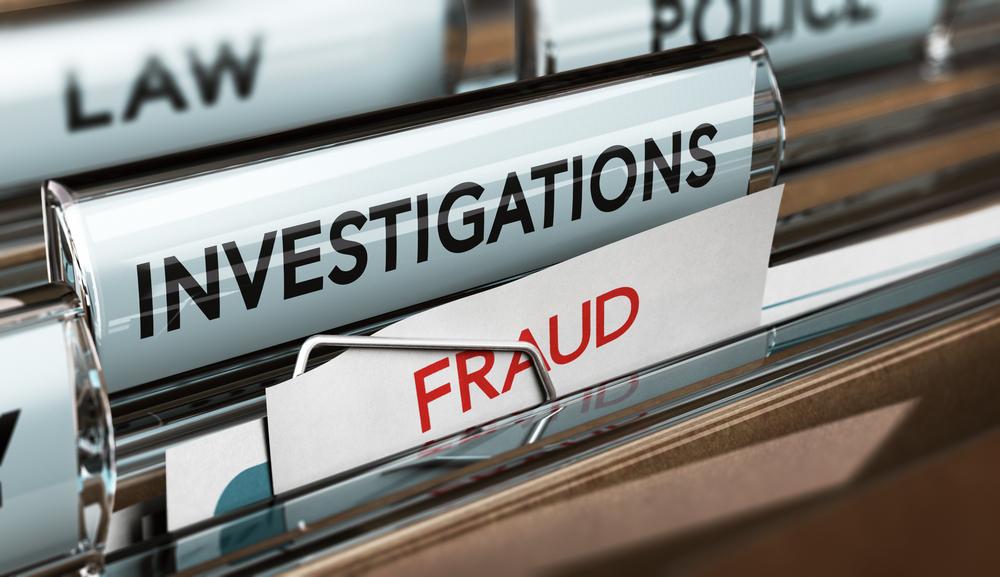Plagiarism: Dutch academics think rules should be clearer

If two dissertations produced by the same department are substantially similar, how much of a problem is that? Should thesis supervisors be allowed to use their students' work freely in their own publications?
These are just two of the questions discussed during the Plagiarism in Teaching and Research theme day. A crucial topic, said UvA Rector Karen Maex in her introduction, because plagiarism is anything but black and white. “In practice, there are many grey areas. Students and staff encounter plagiarism in many different ways.”
The online session was inspired by “a recent case that drew a lot of attention”. Maex was certainly referring to charges against her predecessor Dymph van den Boom, although she did not mention her name, to the surprise of other participants in the chat.
The former UvA Rector came under fire in 2019 for alleged plagiarism in her speeches and dissertation. An independent committee concluded that van den Boon was not guilty of plagiarism -- she had only been “sloppy”.
The UvA embraced this judgment, which led to objections from many academic researchers, who wrote a letter to the UvA Board saying that the university was basically implying that a rector is allowed to copy and paste without citing her sources, while the rest of the academic community is subject to much stricter rules.
Stricter requirements
Is that so? Are the requirements for students really stricter? Professor of Constitutional and Administrative Law Adrienne de Moor-van Vugt, a judge on the Appeals Board for Higher Education, posed this question in a video she sent in to the online session.
“I think that this is actually how things stand. We academic researchers often look at the standards at the time the plagiarism was supposedly committed, ten or even thirty years ago. Whereas students are being held to the strictest, most recent standards,” she declared.
For students, the rules about what they may or may not do are clear and detailed, as are the sanctions they can expect to get. An independent committee evaluates each case. But, for academic researchers, the rules are less specific, according to De Moor-van Vugt. They only have a code of conduct (link in Dutch) to follow. If sanctions are prescribed, they are not imposed by an independent committee but rather by an executive board.
Flaws in the tapestry
Professor of Procedural Law Jonathan Soeharno also thinks that the “catalogue of sanctions” could be made clearer. “Academic researchers have the right to know beforehand which poison chalice they can expect to drink from”, he said.
He pointed out several “manufacturing flaws” in the current procedure. “Sometimes the academic integrity committee says: ‘We pronounce the charge unfounded, but the individual acted negligently’. This is confusing for both the researcher and the public.”
Meanwhile, by the time such a statement is issued, the damage to the individual's reputation has already been done, because a breach of academic integrity is perhaps “the most serious accusation a researcher can experience”, Soeharno pondered.
Cardinal sins
Therefore, members of academic integrity committees have to work “carefully and with restraint”, explained Ton Hol, Emeritus Professor of Jurisprudence and Philosophy of Law at Utrecht University and Chair of the Committee on Academic Integrity at Tilburg University. “The committee's judgment of an academic researcher has an enormous impact.”
Hol believes that people shouldn't jump to conclusions too quickly when it comes to breaches of academic integrity. “There has to be more going on than just copying texts. The incident has to be of the same severity as the other two 'cardinal sins' of academic research: fabrication and falsification of information.”
Hol isn't sure whether there should be more regulations. “Plagiarism is not a simple concept. You can't codify everything. Give people room to manoeuvre, then they can weigh up the pros and cons.”
In motion
Then, suddenly, someone dropped Van den Boom's name. Hol chaired the committee that investigated the charges of plagiarism against the former UvA Rector, so one of the participants had a question for him. Hol preferred not to spend too much time explaining the deliberations concerning this case, but acknowledged that it was “highly exceptional”.
“Read our recommendation”, he said. “Then you will see how difficult the situation was and why it's good that it set everything in motion, and now we discuss this topic more often.”